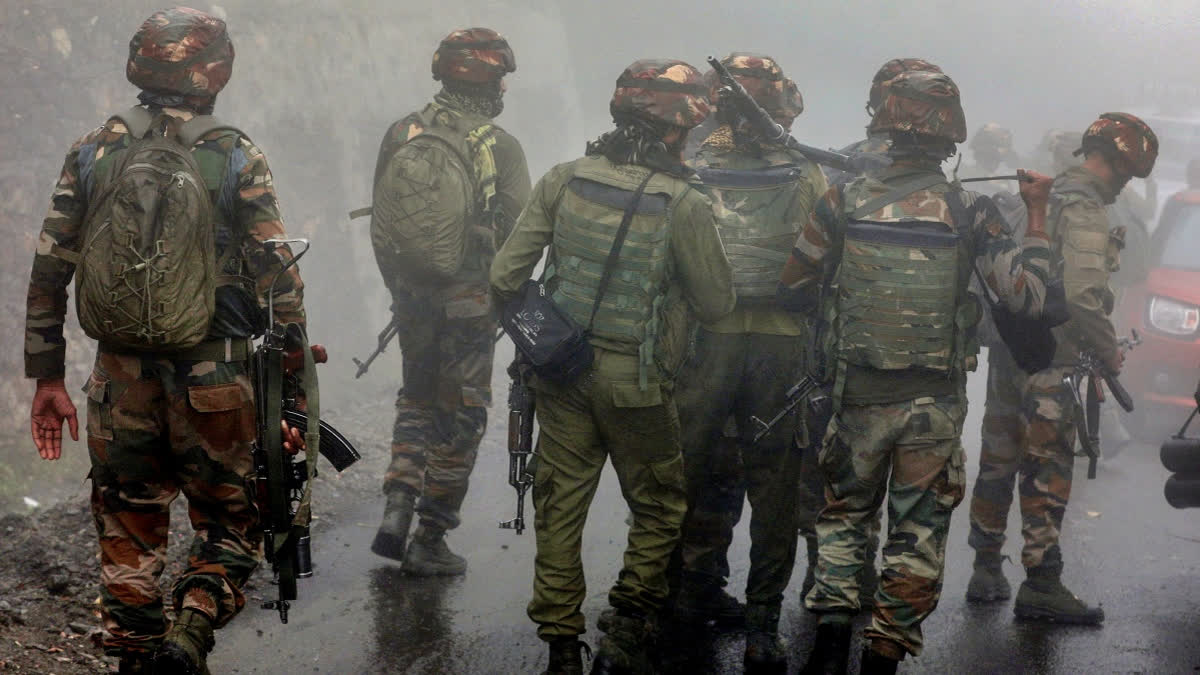A sudden surge in terror attacks on the Indian Army in the Jammu region has left many analysts wondering about its implications on the stability of the border with Pakistan and China and also the forthcoming elections to Jammu and Kashmir to be held later this year in compliance with the Supreme Court directions.
The sudden surge of such attacks begs a crucial question: Is this an indication of how a two-front engagement with China and Pakistan would look like? The recent attacks against the army and other security forces are bizarrely in contrast to the exuberance visible in Kashmir as thousands of tourists head to the valley to witness its scenic beauty.
These crowds have grown even when the terrorists were mercilessly firing at a bus that fell in a ravine in Reasi town in the Jammu district of the state. The incident took place on June 9, around the same time when PM Narendra Modi was being sworn in for the third term. Since then there have been many more attacks on security personnel. Casualties have been high in Doda, Kathua and Reasi, the districts in Jammu region that have been quiet for many years.
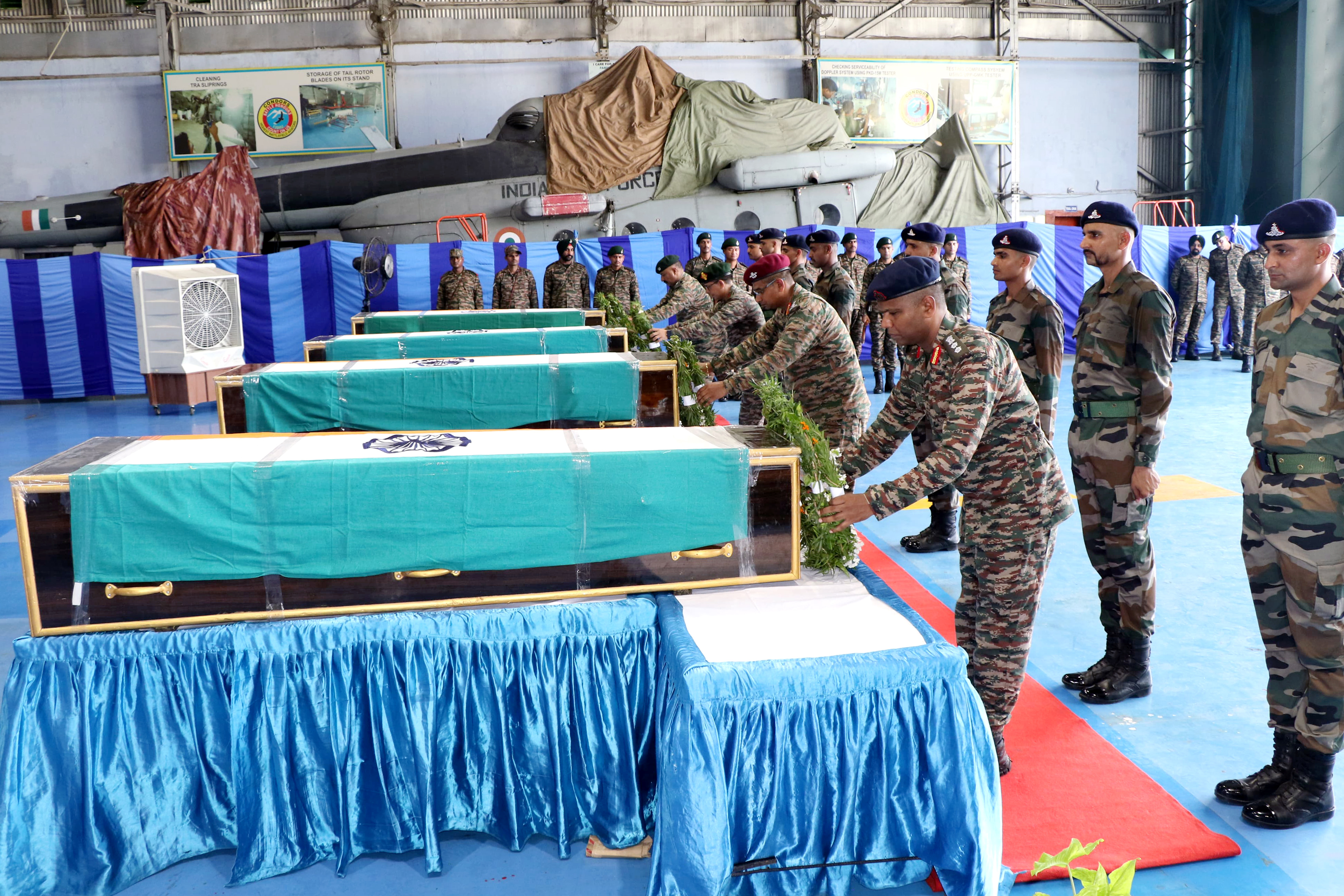
What Could Explain The Shift In Terror Attacks
The focus has shifted from Kashmir to the less-militancy-prone region of Jammu. The more worrying explanation, from the point of view of strategic experts, is that the militancy in this region has grown after the troops from Jammu were shifted to Ladakh to counter Chinese troops after the messy face-off at Galwan in June 2020, in which 20 of our men died.
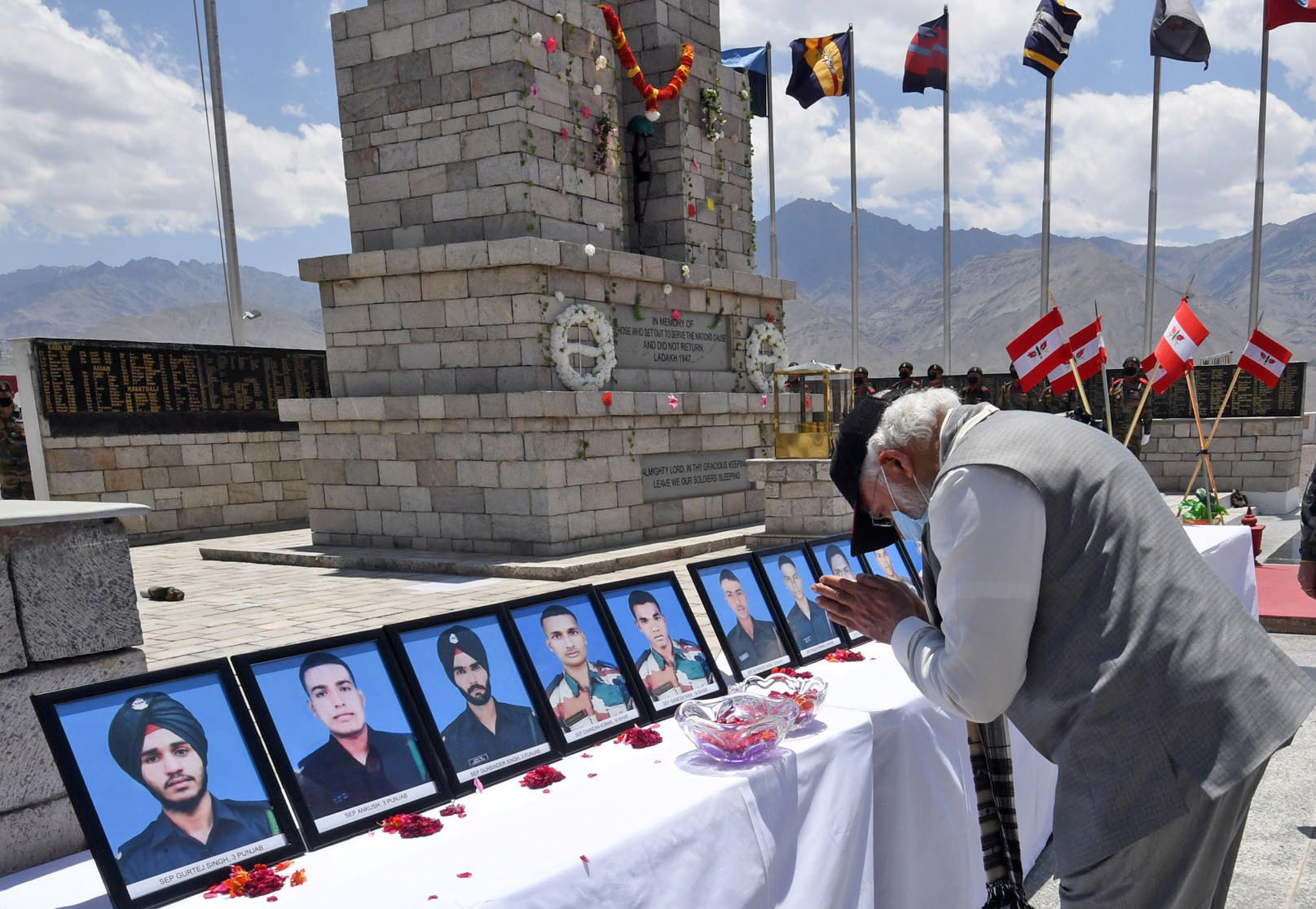
The Indian Army has been beefing up its presence in sectors lying in proximity to China since the Ladakh clash. It would not be wrong to speculate that if the escalation takes place between India and Pakistan or India and China, both Islamabad and Beijing will coordinate their military actions with each other and India could see increased militancy far above what is visible now.
Experts claim that the terrorists attacking Indian troops have quality weapons and logistical support. In their view, most of the terrorists are infiltrators from Pakistan. Hence, it is obvious that they have either the support of Pakistan or China. On their own, they were incapable of taking on an entrenched army. Why should the Pakistan Army do it when its own country and the government is in a crisis? There is a view in Indian defence circles that the Pakistan Army wants to show that there is considerable support from militants for those who oppose the abrogation of Article 370 which gave special status to the state of Jammu and Kashmir.
There is also a not-so-popular view that the Army is coming to grief as it is not following Standard operating procedures (SOP) in the Jammu region. Expert voices claim that if the Army had ensured its fortified vehicles were preceded by road opening parties (ROP) then there would have been no chance of militants succeeding in blowing up these vehicles. Each fortified bulletproof jeep costs Rs.1.5 crore. Such vehicles can only be blown up by high-intensity ammunition like RDX.
Soaring Tourism in Kashmir
The most interesting aspect of this escalation is that it has not impacted the soaring tourism in the Kashmir valley. Finding a room not just in Srinagar, but all over Kashmir is difficult these days. Even if one is lucky to get one, the tariff of ordinary rooms is closer to a 3-star hotel. Most of the houseboats are full and it is possible to hear the assorted chatter of Gujarati, Marathi, Bengali and Hindi language in Downtown and Lal Chowk.
There are so many tourists looking for a bargain when buying pherens (long Kashmiri robes) or dry fruits that one asks if this is the same place that was embroiled in violence for decades. Are these not signs of normalcy returning in what is touted by the central government as 'Naya Kashmir created after the abrogation of Article 370? Other indicators also suggest a big shift in a preponderantly Muslim city.
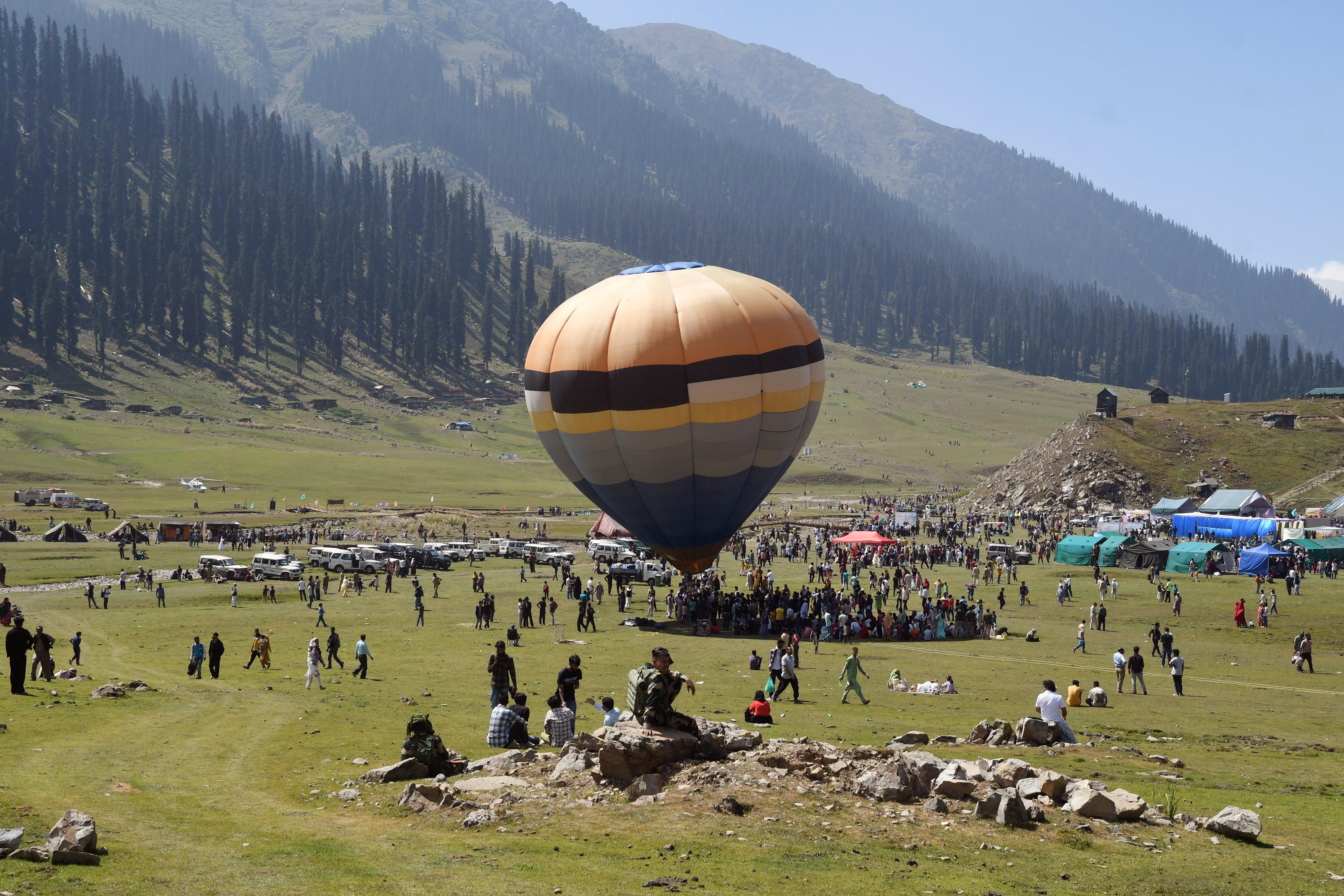
In the morning, it is possible to hear loud chants of “Har Har Mahadev” fiercely competing with Azaan, the call of the muezzin to the faithful to come to the mosque for prayers. This competitive communalism could have implications. It is learnt that many Kashmiri Pandits have been settled in the valley over the years. Some years ago, it was inconceivable that chants from a temple could be heard in Srinagar.
Now it has been accomplished by the administration through the influx of tourists from different parts of the country as well as the presence of troops all over the city of Srinagar. Speaking with those who are involved in the tourism business gives the impression that everyone is making money and they are generally satisfied with the state of affairs. However, this is not so. Ordinary Kashmiris, look over their shoulder to ascertain whether anyone is listening to them before they speak their minds. They are never sure about who is their friend or their enemy.
“There are no greys in the valley. The reality is in black and white,” a local Kashmiri shawl maker said. He further added that there are no political representatives who can articulate their feelings. If the militants manage to sneak in and enjoy local support then there is a reason, there are people who still sympathise with their cause.
Assembly Elections And The Balance of Power
On the political front, it is reasonable that people have a lot of expectations about the assembly elections in Jammu & Kashmir, set to be held after six years of Governor’s rule. It’s a different matter that the Governor will continue to handle police and transfer of officers, quite like it happens in Delhi, but the big change would be that it will be the state government that will articulate its views on the militants.
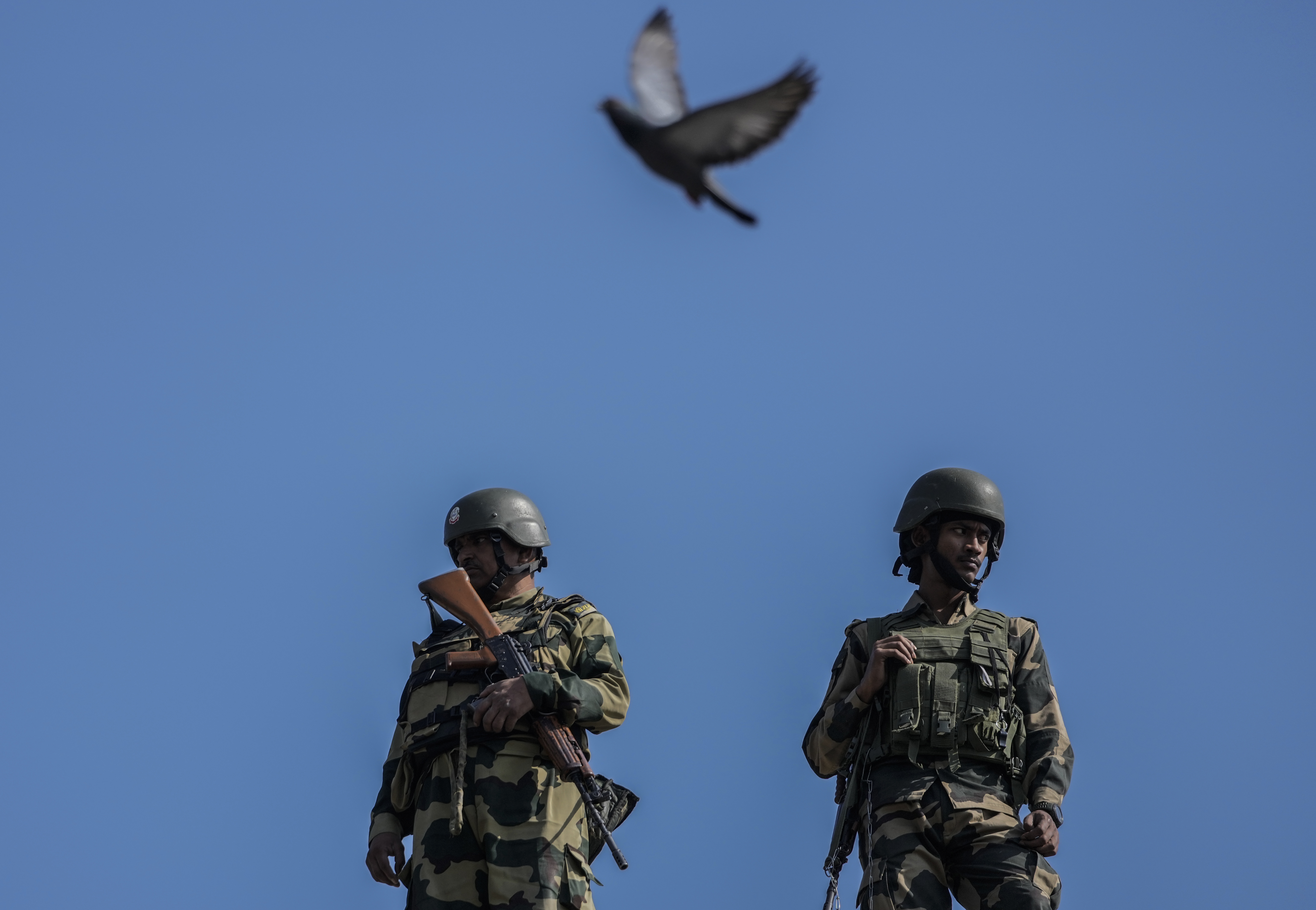
If the elections are indeed held (and not postponed due to escalating violence), then it would be a different Kashmir where they will take place. Since the abrogation of Article 370, leaders like Farooq Abdullah, his son Omar, and Mehbooba Mufti, have gone through a phase of devaluation and irrelevance. In the recently conducted parliamentary elections, Omar Abdullah strangely lost to an incarcerated leader, Engineer Rashid. There is a strong likelihood that more leaders like Rashid will come to power if they can overturn the existing power balance in the state. The big question, though, is will the violence, whether by indigenous Kashmiris or by infiltrators, really end with successful elections?
(Disclaimer: The opinions expressed in this article are those of the writer. The facts and opinions expressed here do not reflect the views of ETV Bharat)
Read More
